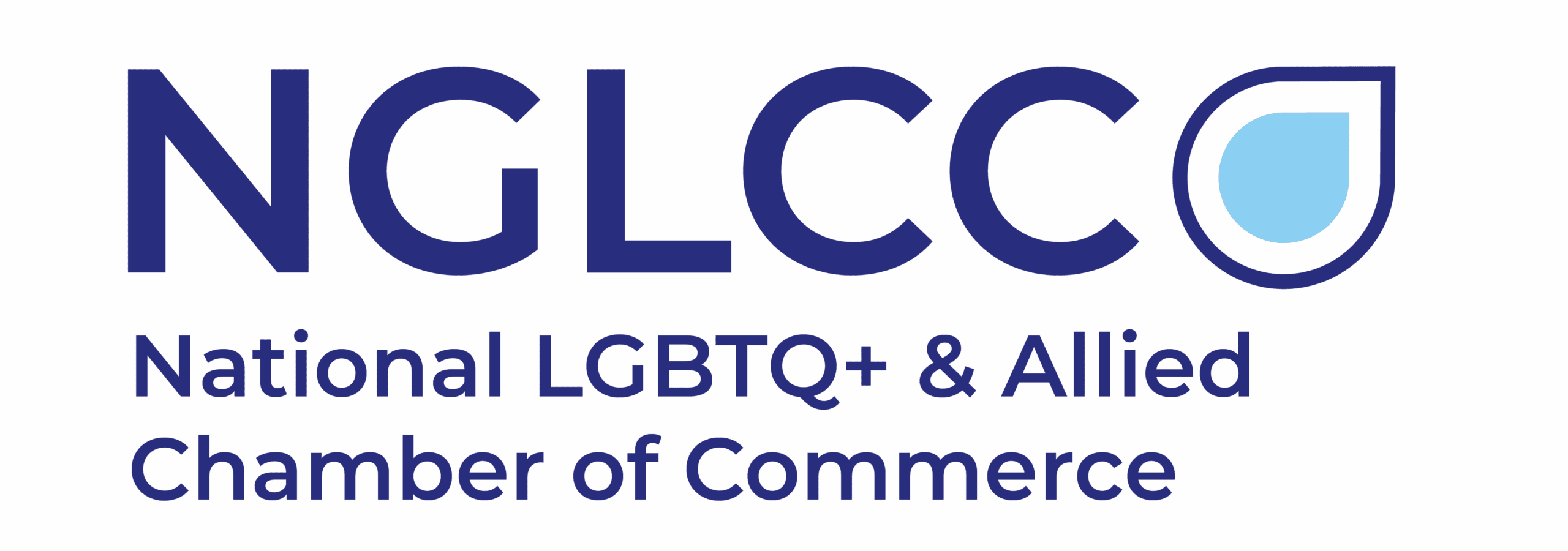In a world increasingly defined by global shocks from health emergencies and climate change to forced migration and economic fragility, the need for effective foreign assistance has never been greater. Traditional models of government-led aid are straining under the weight of expanding demand and shrinking resources.
These strains have never been more apparent as traditional sources of foreign assistance face significant shifts and reductions, with ripple effects worldwide. For the private sector, this moment presents both a challenge and a powerful opportunity.
Considering these changing dynamics, a growing number of companies are recognizing that foreign assistance is no longer solely the domain of governments and NGOs, it has also become a strategic frontier for business. A recent roundtable convened by the National LGBTQ+ and Allied Chamber of Commerce (NGLCC), with support from the Bill & Melinda Gates Foundation and Public Private Strategies, brought together leaders across industries to examine the private sector’s role in advancing inclusive and resilient global development.
From banking to agriculture, travel to technology, executives agreed: the private sector has both the tools and the motivation to shape what comes next. This is not about charity. It is about ensuring stable markets, inclusive supply chains, and long-term global competitiveness and impact. And it is about understanding that the success of foreign assistance programs directly affects economic environments where businesses operate, hire, and grow.
A powerful example is PEPFAR (The U.S. President’s Emergency Plan for AIDS Relief), one of the most successful foreign assistance initiatives in history. Since its inception, PEPFAR has saved over 25 million lives and built critical health infrastructure in dozens of countries. Its success was not driven by the government alone. Strategic collaboration with pharmaceutical companies, logistics firms, and local partners made it possible to deliver life-saving treatment and prevention tools at scale. For businesses, PEPFAR offers a blueprint: when public and private sectors align around a common goal, transformative change is achievable and sustainable.
At the roundtable, companies highlighted specific motivations for engaging more deeply. Financial institutions are watching how global migration and tax policy affect their customers and market stability. The travel and aviation sectors are investing in responsible sourcing and LGBTQ+ and allied economic inclusion but flagged tariffs and trade disruptions as major threats to competitiveness. Tech companies spoke of adapting sales strategies to geopolitical shifts. Pharmaceutical firms, long engaged in global health, are recalibrating in response to evolving U.S. government compliance requirements. There was also an emphasis that funding remains a critical issue: without predictable capital flows, even the most innovative global health solutions cannot scale. Food and agriculture businesses emphasized climate resilience and the importance of tariffs and how these affect global commodities like coffee that support both U.S. and international livelihoods.
Still, there are obstacles. Across sectors, companies cited policy uncertainty from tariffs to funding restrictions as a barrier to engagement. Trust and predictability are essential for long-term partnerships and are too often undermined by shifting regulatory landscapes. Participants also raised concerns about the impact of U.S. trade policies on supply chains and local economies in both partner countries and the U.S.
Despite these challenges, the roundtable revealed clear areas of alignment and opportunity. Businesses expressed strong interest in:
– Inclusive Growth: Integrating LGBTQ+, allied, minority-owned, as well as other businesses into global supply chains and development programs.
– Sustainable Models: Designing foreign assistance projects that remain impactful beyond the life of donor funding.
– Policy Engagement: Collaborating with governments to create stable environments for investment and development.
– Shared Value: Targeting sectors like food security, climate adaptation, and global health where public impact and business value converge.
The private sector does not just have a seat at the table it has the capacity to help redefine the table itself. By investing capital, innovation, operational expertise, and global reach, companies can transform foreign assistance from a public sector-led intervention into a cross-sector engine for sustainable development.
For CEOs, CSR leaders, and global strategists, now is the time to pay attention. Foreign assistance is more than a moral imperative; it is a platform for building resilient markets while fostering investment that allows entire economies to thrive, earning consumer trust, and preparing for future disruptions. This is also a bottom-line opportunity: by stepping in where governments are stepping back, businesses can capture new markets, secure supply chains, and strengthen brand loyalty.
If we have learned anything from initiatives like PEPFAR, it is that the biggest wins come from shared responsibility and bold collaboration. Foreign aid is not a sunk cost; it is a strategic investment. And the private sector has a vital role to play in shaping what that investment looks like for the decades to come. This is the moment for companies to reshape the future of foreign assistance. Those who seize it will not only help advance global good but also position themselves for long-term commercial success. The companies that lean in now and invest not just money, but expertise, influence, and infrastructure will lead the next generations of inclusive, sustainable growth.
If your company is not part of the conversation, it may already be behind.
